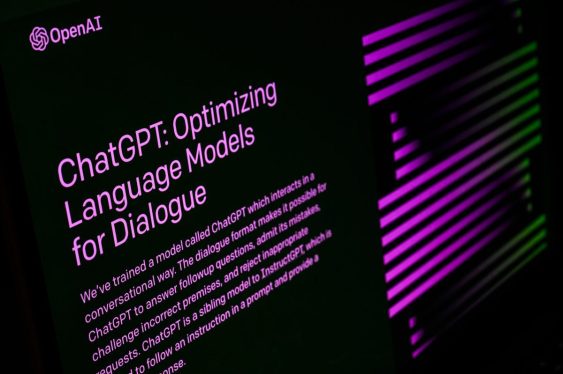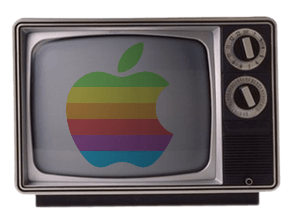Here are the answers to your questions based on the text:
When was ChatGPT released?: Unfortunately, I couldn’t find any information about when ChatGPT was specifically released.
What is ChatX?: According to the article, ChatX is one of several marketplaces that host and provide ChatGPT prompts, either for free or for a nominal fee.
Is ChatGPT accessible by anyone?: No, the text doesn’t mention if anyone can access ChatGPT directly.
Can I find examples of ChatGPT prompts online?: Yes, several marketplaces host and provide ChatGPT prompts, either for free or for a nominal fee.
Is there any information about who developed ChatGPT?: The text doesn’t mention anything about the development team behind ChatGPT.
Are chats on ChatGPT public?: No, but according to the article, there was a bug in OpenAI’s system that exposed the titles of some users’ conversations to other people on the service.
Is it possible to detect if text is generated by ChatGPT?: Yes, several tools claim to detect ChatGPT-generated text, but in tests they were inconsistent at best.
Are there any specific lawsuits surrounding ChatGPT?: No, there are none specifically targeting ChatGPT, but OpenAI is involved in a lawsuit that has implications for AI systems trained on publicly available data.
What are some concerns about plagiarism with ChatGPT?: Yes, text-generating AI models like ChatGPT have a tendency to regurgitate content from their training data.
Can I use the information generated by ChatGPT in my work or school assignments without crediting it?: No, according to several major school systems and colleges, including New York City Public Schools, using ChatGPT-generated text can be considered plagiarism and is not acceptable for academic work.
What kind of tools are available that allow users to customize the traits of ChatGPT?: According to the article, there is a new feature in ChatGPT that lets users assign it traits like ‘chatty’ and ‘Gen Z’.
Are there any concerns about misinformation generated by ChatGPT?: Yes, the text mentions cases where ChatGPT accused individuals of false crimes.
Can I use the information generated by ChatGPT for commercial purposes without permission from OpenAI?: It’s not clear from the article if this is allowed or if you need to get permission from OpenAI first.
Are there any specific concerns about how AI systems like ChatGPT are used in education?: Yes, several major school systems and colleges have banned ChatGPT from their networks and devices due to concerns that it promotes plagiarism and misinformation.
What kind of data is used to train the models behind ChatGPT?: The text doesn’t specify what type of data is used to train the models behind ChatGPT.
Is there any information about how OpenAI uses the data generated by users on ChatGPT?: No, the text doesn’t mention anything about how OpenAI uses the data generated by users on ChatGPT.
Can I use the features of ChatGPT in my own applications or products without permission from OpenAI?: It’s not clear from the article if this is allowed or if you need to get permission from OpenAI first.
Are there any concerns about bias in AI systems like ChatGPT?: No, the text doesn’t mention anything about biases in AI systems like ChatGPT.
Can I use the information generated by ChatGPT for personal use without crediting it?: It’s not clear from the article if you need to credit the source of the information generated by ChatGPT when using it for personal purposes.
What kind of tools are available that allow users to customize the language used by ChatGPT?: According to the article, there is a new feature in ChatGPT that lets users assign it traits like ‘chatty’ and ‘Gen Z’.
Let me know if you have any further questions!




